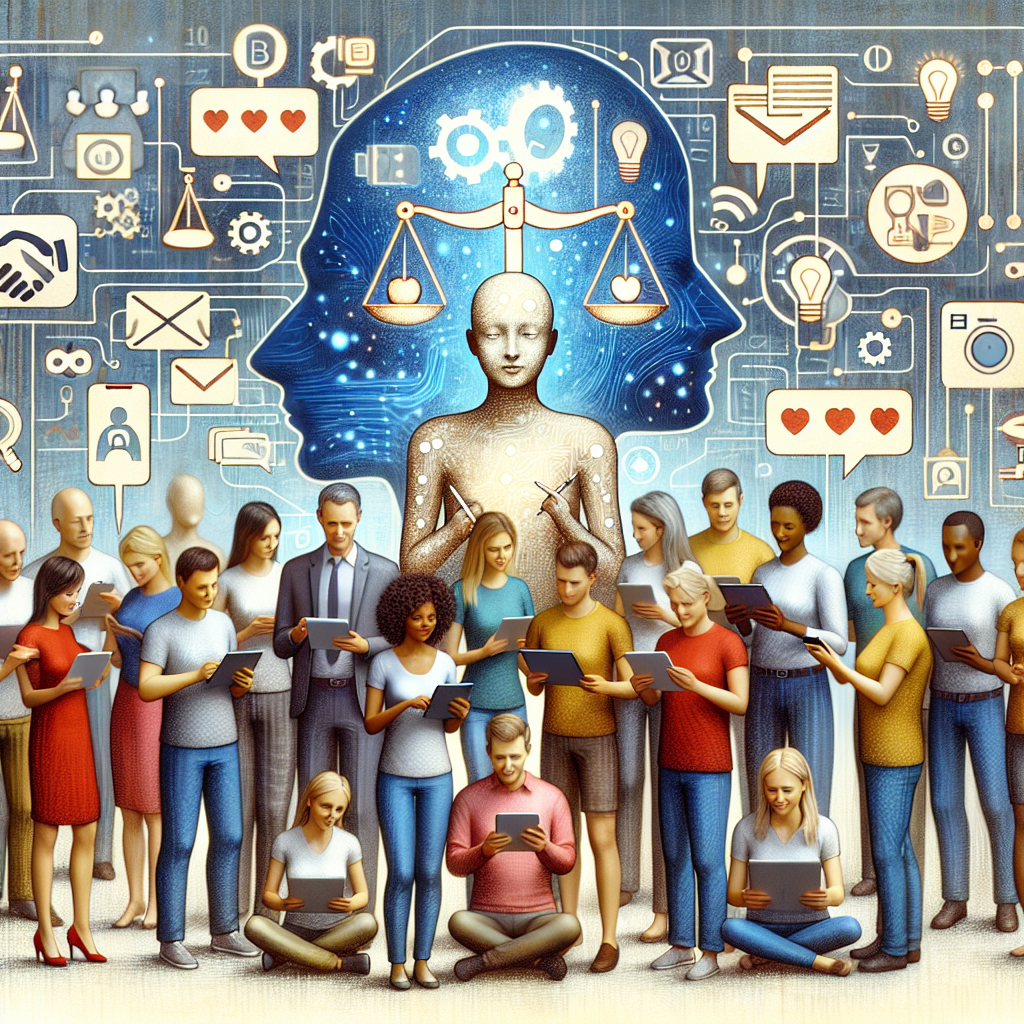In a move that speaks to growing concerns over digital wellbeing, OpenAI, the pioneer behind the artificial intelligence chatbot known as ChatGPT, has introduced a new feature aimed at mitigating the potential consequences of extended usage. The feature reminds users to take breaks after prolonged interactions, a decision which underscores the increasing scrutiny on the impact of continuous AI engagements on human behavior and psychology.
Revealed in a recent article on Startup News FYI, titled “Too Much ChatGPT? OpenAI Will Now Remind Users to Take a Break During Long Conversations,” the company’s latest strategy purports to address one of the less-discussed facets of the digital age—user fatigue and the potential for overreliance on conversational AI platforms. This development arrives amid a broader dialogue surrounding the ethical constraints and responsibilities of AI developers to consider and safeguard the mental and emotional well-being of their users.
OpenAI, which has been at the forefront of developing accessible AI tools, appears to recognize the double-edged sword represented by its creations. ChatGPT, in particular, has become globally popular for its ability to generate human-like text responses, making it an invaluable asset in education, customer service, and even personal entertainment. However, this ability also poses risks, as the line between human and machine interaction blurs, possibly leading to excessive use.
The mechanics of the new feature remain straightforward yet effective: upon detecting extended periods of interaction, ChatGPT will prompt users with a reminder to take a break. This implies a built-in monitoring system that assesses interaction length and presumably, the intensity of usage, although specific criteria or thresholds triggering these reminders have not been fully disclosed by OpenAI.
The introduction of such a feature by OpenAI raises several pertinent issues. It brings to light the role of AI developers in actively participating in the creation of a balanced digital ecosystem where user health is prioritized alongside innovation and convenience. Furthermore, it stimulates an essential discussion about user agency and autonomy in the digital domain, questioning to what extent technology should nudge or influence human behavior.
Critics and proponents of AI alike have long debated the ethical implications surrounding artificial intelligence and its encroachment into daily human activities. By implementing such features, companies like OpenAI may not only be attempting to preclude potential negative outcomes of AI usage but could also be seen as setting a precedent in the technology industry, advocating for a responsible and human-centric approach to AI development and deployment.
Moreover, this initiative might also serve as a differentiator in the competitive landscape of AI technologies, concurrently serving as a marketing tool that portrays OpenAI as a conscientious and user-focused company. This could resonate strongly with segments of the global population increasingly wary of the invasive aspects of technology.
As digital interfaces become even more seamlessly integrated into the fabric of daily life, ensuring these systems contribute positively to human well-being without creating dependency or diminishing user quality of life will be vital. OpenAI’s new feature is perhaps a small step in a longer journey towards more ethically aware AI systems, signaling a noteworthy shift in how industry leaders manage the broader impacts of their innovations on society.



